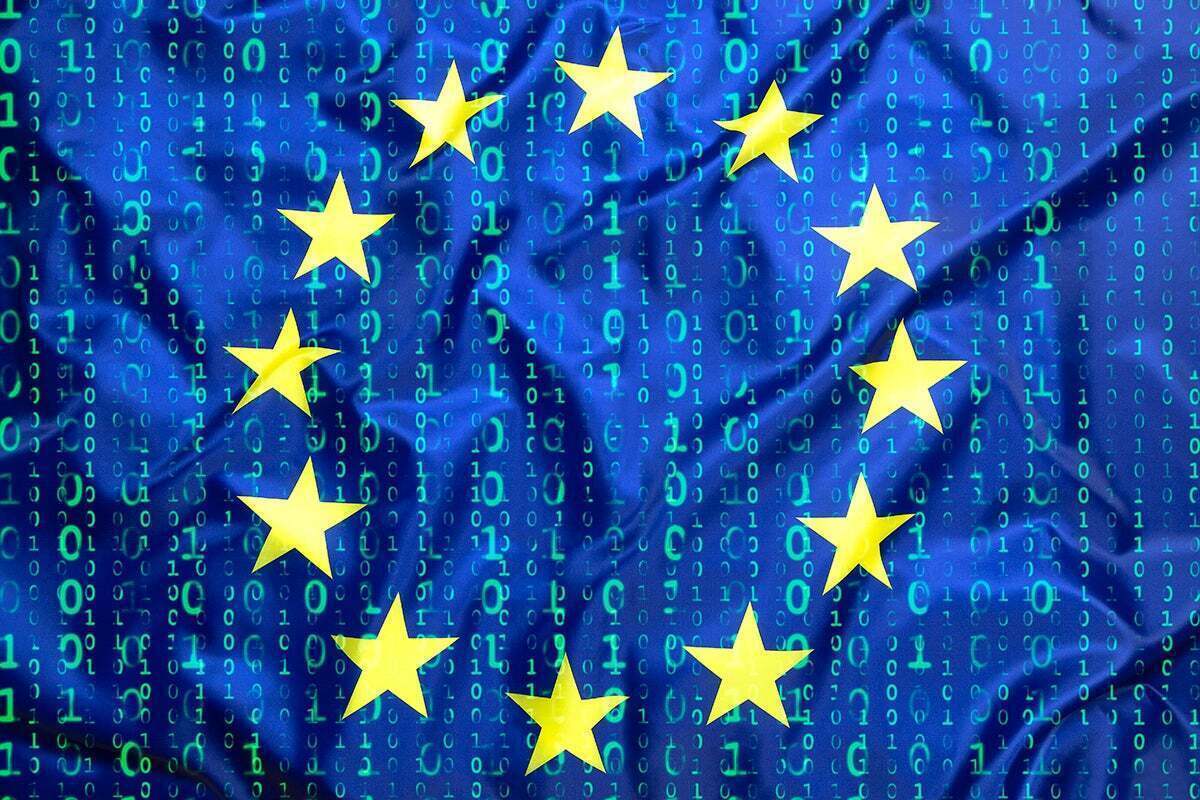Physical Address
304 North Cardinal St.
Dorchester Center, MA 02124
Physical Address
304 North Cardinal St.
Dorchester Center, MA 02124

The European Commission (EC) has recently taken action to assess Facebook and Instagram parent company Meta’s compliance with privacy and security laws in the European Union (EU). In a statement, the EC expressed the need for additional information from Meta to evaluate its adherence to applicable regulations. This request for information comes three months after an earlier official inquiry conducted under the Digital Services Act.
The EC has emphasized the importance of Meta’s prompt response to their requests for information, particularly those made in December. These requests focused on election information, terrorism, and the protection of minors. Meta has been given until March 15 to provide the requested information. Additionally, the EC has set a deadline of March 22 for Meta to provide details about its pay-to-opt-out-of-tracking program.
Failure to provide complete information or meet the specified deadlines could result in significant fines for Meta. The Digital Services Act, which was approved in April 2022, holds companies accountable for providing accurate and comprehensive information to regulatory bodies. European data protection authorities have previously imposed substantial fines on various businesses, not limited to social media giants, for non-compliance with privacy and security laws.
The EC’s request for information builds upon Meta’s previous replies and seeks additional details regarding the methodology underlying Meta’s risk assessment and mitigation measures reports, the protection of minors, elections, manipulated media, the practice of so-called shadow banning, and the launch of Threads.
It is worth noting that the Digital Services Act plays a crucial role in governing how internet companies manage user data, including how they utilize this data for targeted advertising and their responsibilities in monitoring illicit or deceptive content. The act aims to create a safe online environment while safeguarding freedom of expression and supporting digital businesses, as stated by EC President Ursula von der Leyen.
This latest request for information from the EC comes on the heels of complaints filed against Meta by eight consumer protection watchdog groups in the EU. These complaints, submitted to national data protection authorities, accuse Meta of violating the General Data Protection Regulation (GDPR), misusing customer information by leveraging its dominant market position, and making superficial changes to its privacy policy instead of genuinely complying with the law.
European authorities have been closely monitoring Meta’s practices for some time, resulting in fines exceeding $2 billion since the implementation of GDPR in 2018. The EC’s request for information further demonstrates the ongoing scrutiny of Meta’s operations by European regulatory bodies.
The European Commission’s recent request for information from Meta, the parent company of Facebook and Instagram, regarding its ‘subscription for no ads’ plan is expected to have significant implications for the social media giant. This move by the EC is a direct response to concerns over privacy, security, and compliance with EU regulations.
By requesting additional information, the EC aims to assess Meta’s adherence to applicable privacy and security laws in the European Union. The commission has highlighted the need for Meta to expedite its responses to previous requests for information, particularly those related to election information, terrorism, and the protection of minors. Failure to provide complete and timely information could result in substantial fines for Meta under the Digital Services Act.
The effect of the EC’s request for information is two-fold. Firstly, it puts pressure on Meta to be transparent and accountable for its practices. The EC’s focus on Meta’s risk assessment and mitigation measures reports, the protection of minors, elections, manipulated media, shadow banning, and the launch of Threads indicates a thorough examination of the company’s operations.
Secondly, the EC’s request for information comes at a time when Meta is already facing complaints from consumer protection watchdog groups in the EU. These complaints accuse Meta of violating GDPR, misusing customer information, and making superficial changes to its privacy policy. The EC’s actions further amplify the scrutiny on Meta’s data collection and processing policies, potentially leading to more severe consequences if any violations are found.
The effect of the EC’s actions extends beyond Meta alone. The Digital Services Act, which governs how internet companies manage user data and target advertising, aims to create a safer online environment while protecting freedom of expression and supporting digital businesses. By holding Meta accountable, the EC sets a precedent for other companies operating in the EU, emphasizing the importance of compliance with privacy and security regulations.
Furthermore, the EC’s request for information highlights the ongoing efforts of European authorities to monitor and regulate the practices of social media giants. With fines exceeding $2 billion already imposed on Meta since the implementation of GDPR, this latest development underscores the commitment of regulatory bodies to ensure that companies prioritize user privacy and security.
In conclusion, the European Commission’s request for information from Meta regarding its ‘subscription for no ads’ plan has immediate and long-term effects. It increases pressure on Meta to provide comprehensive and timely responses, exposes the company to potential fines, and sets a precedent for other internet companies operating in the EU. This action reflects the commitment of European authorities to safeguard user privacy and security in the digital landscape.
If you’re wondering where the article came from!
#